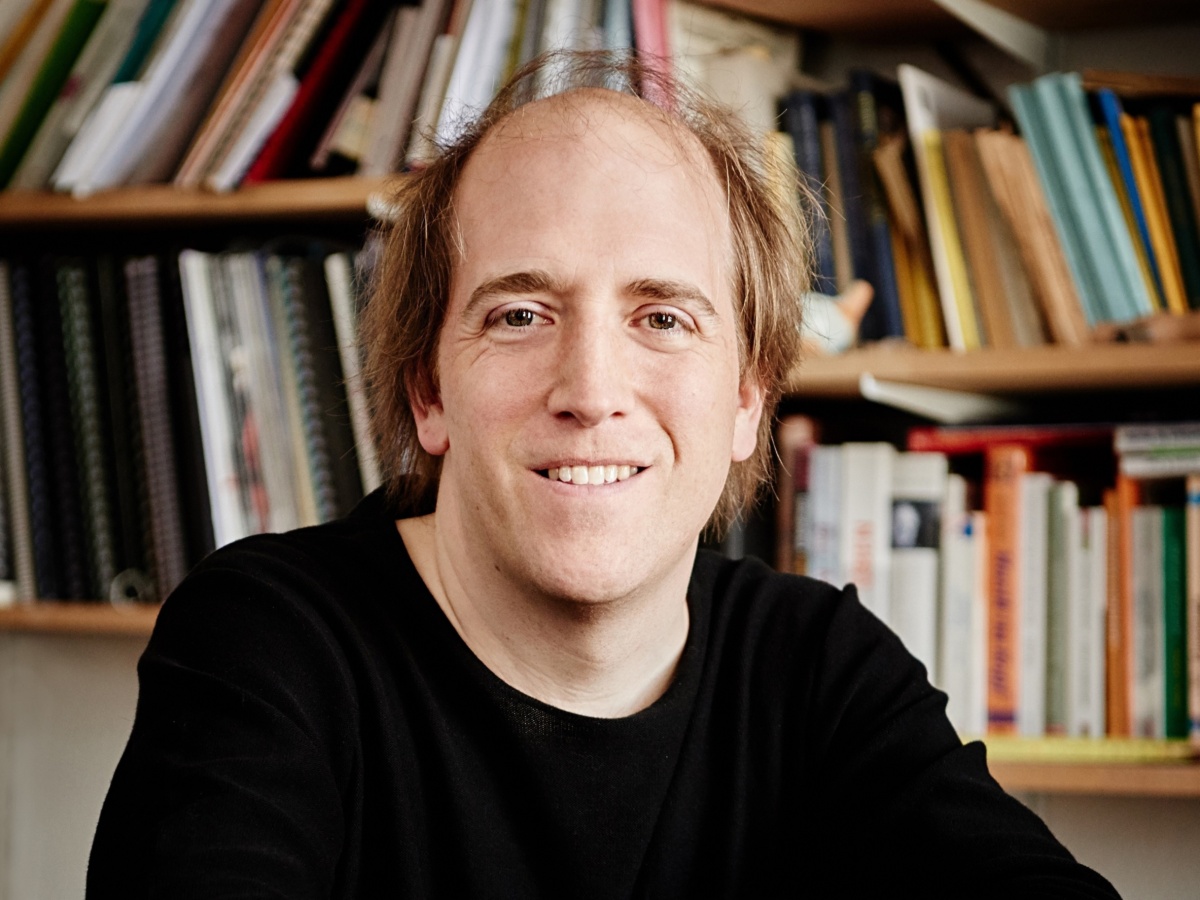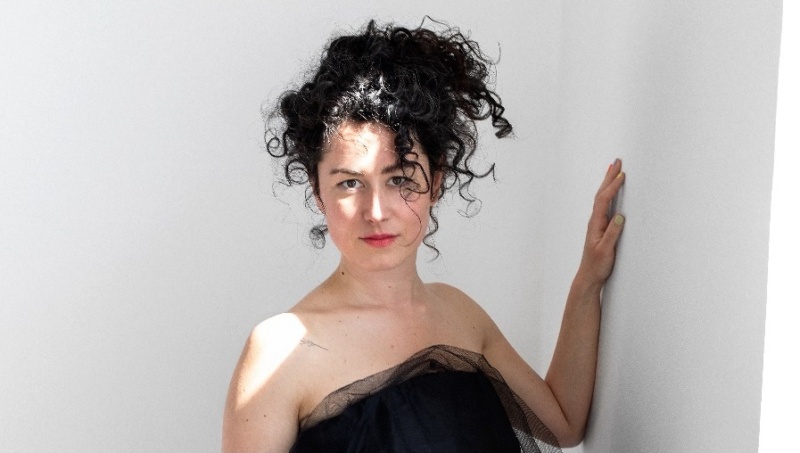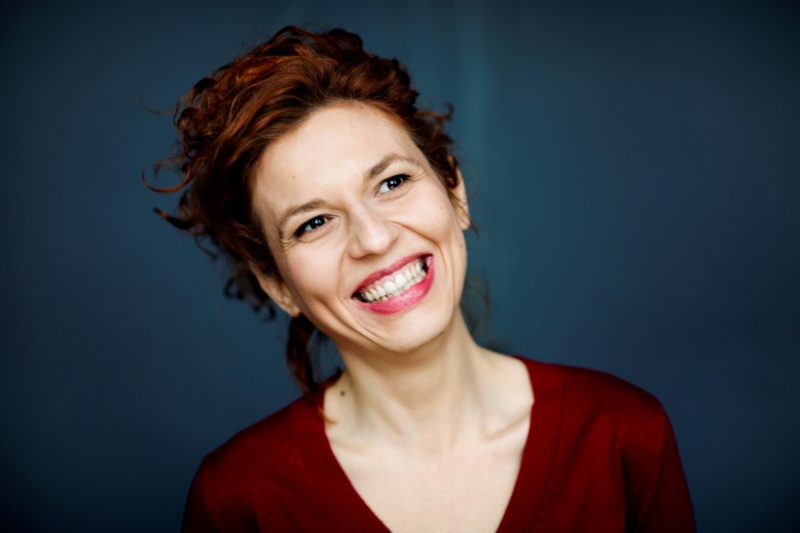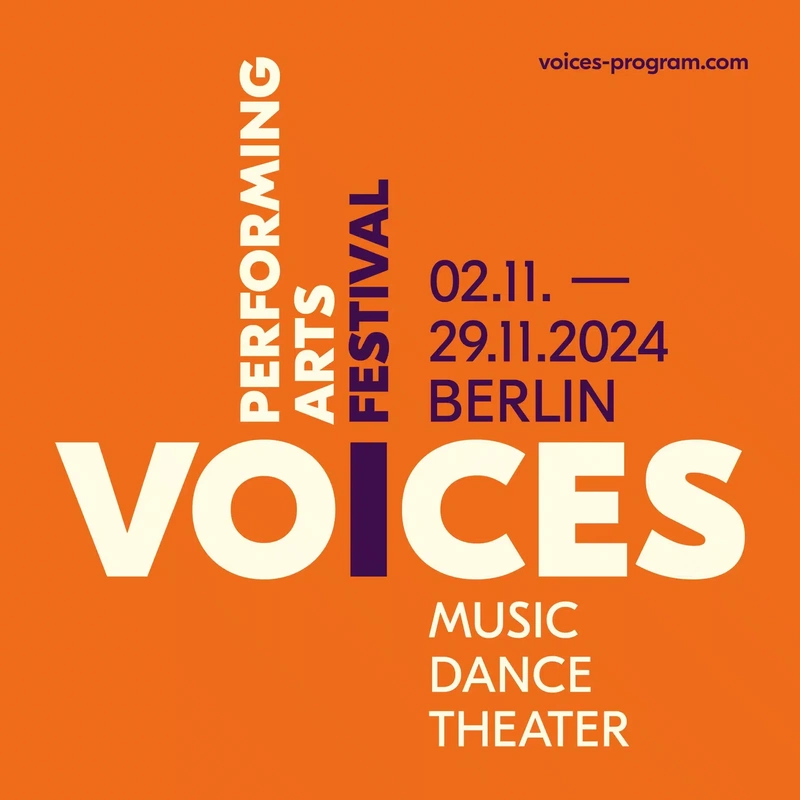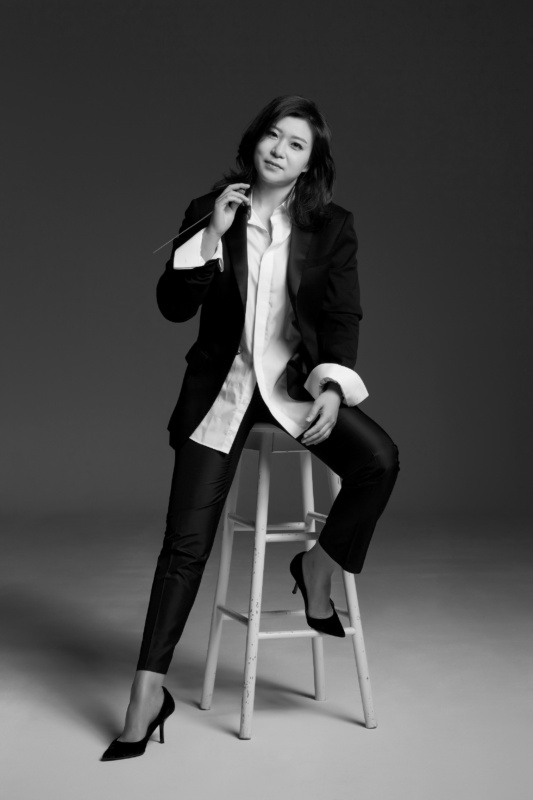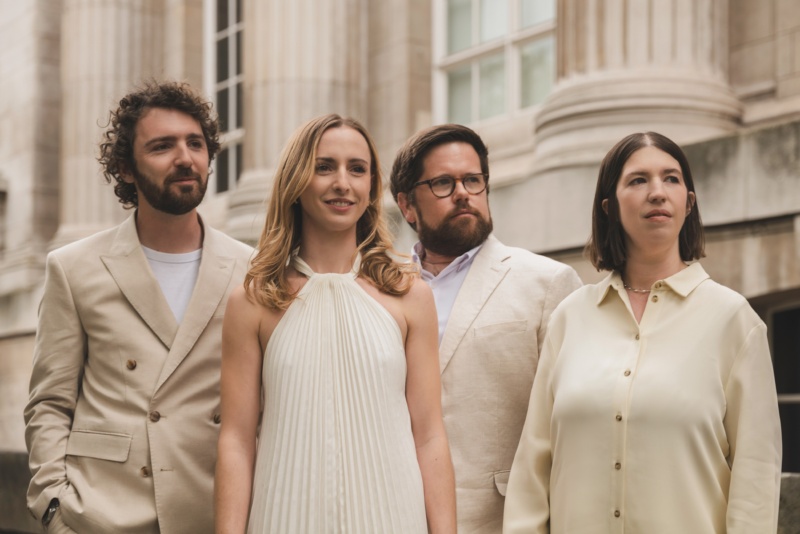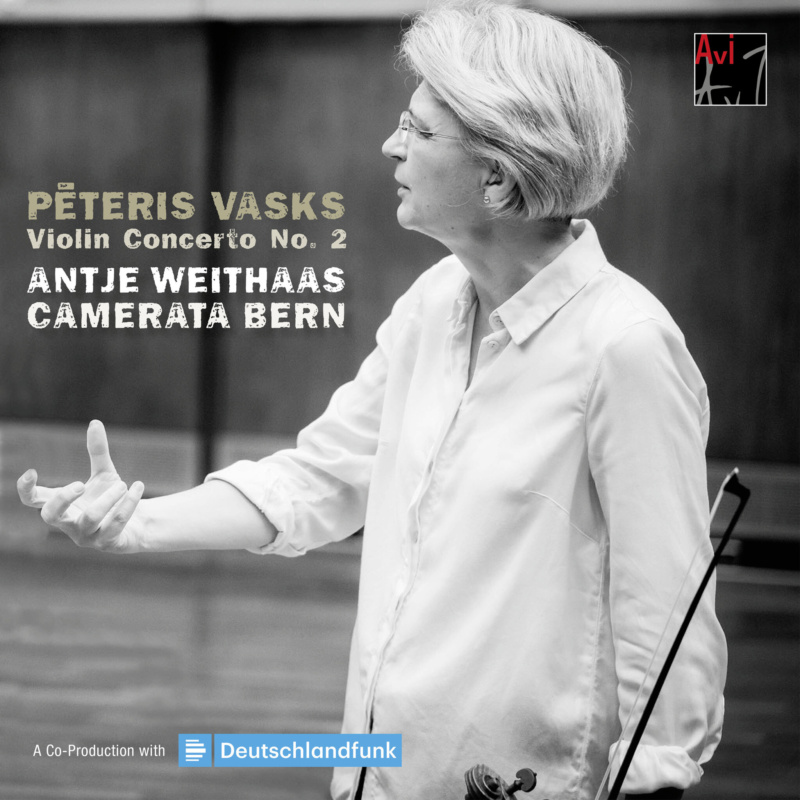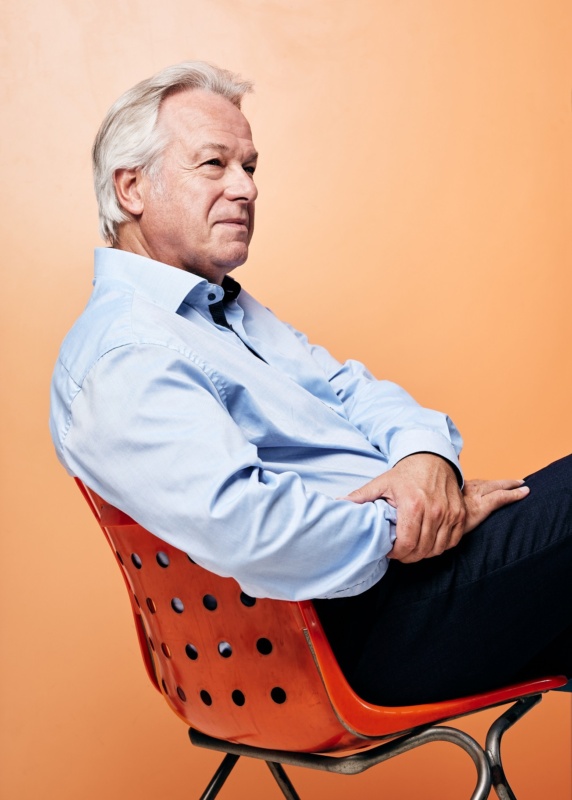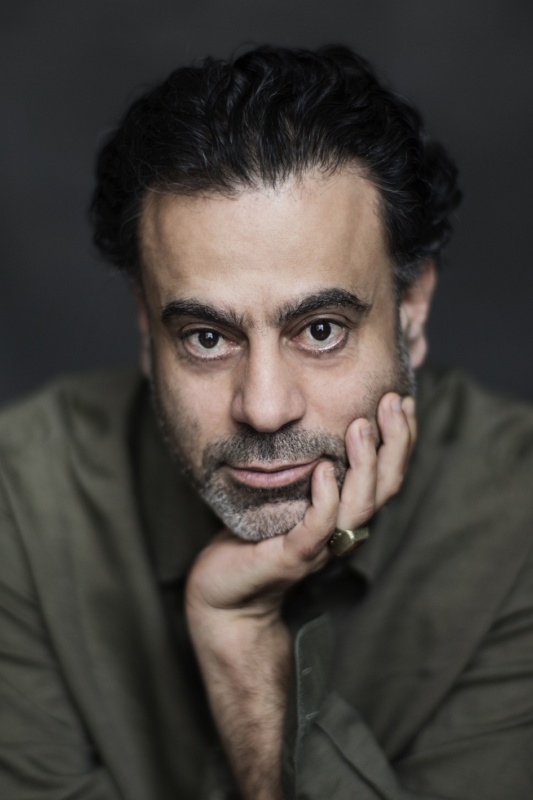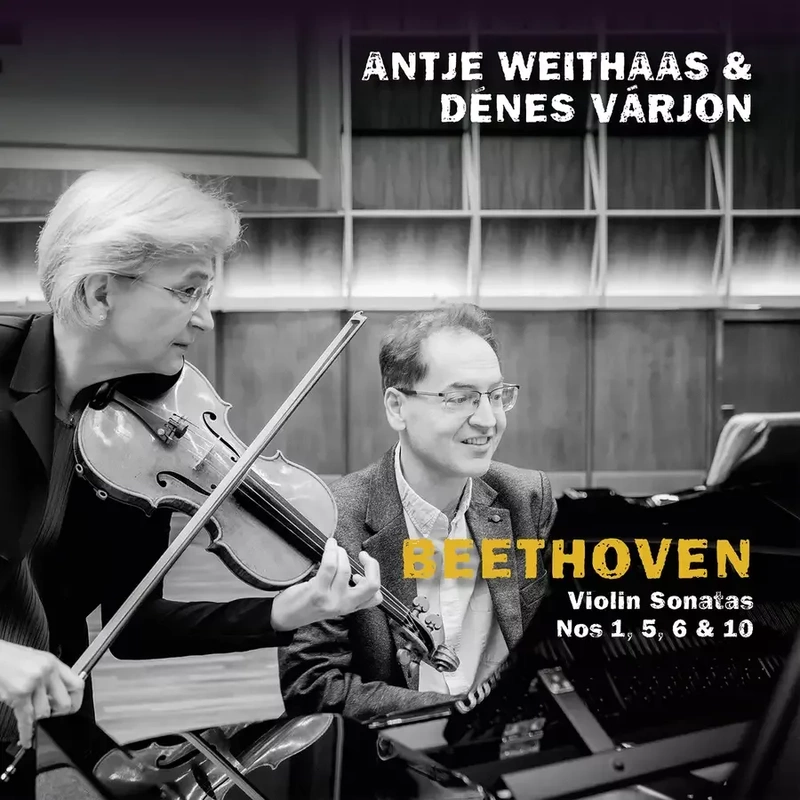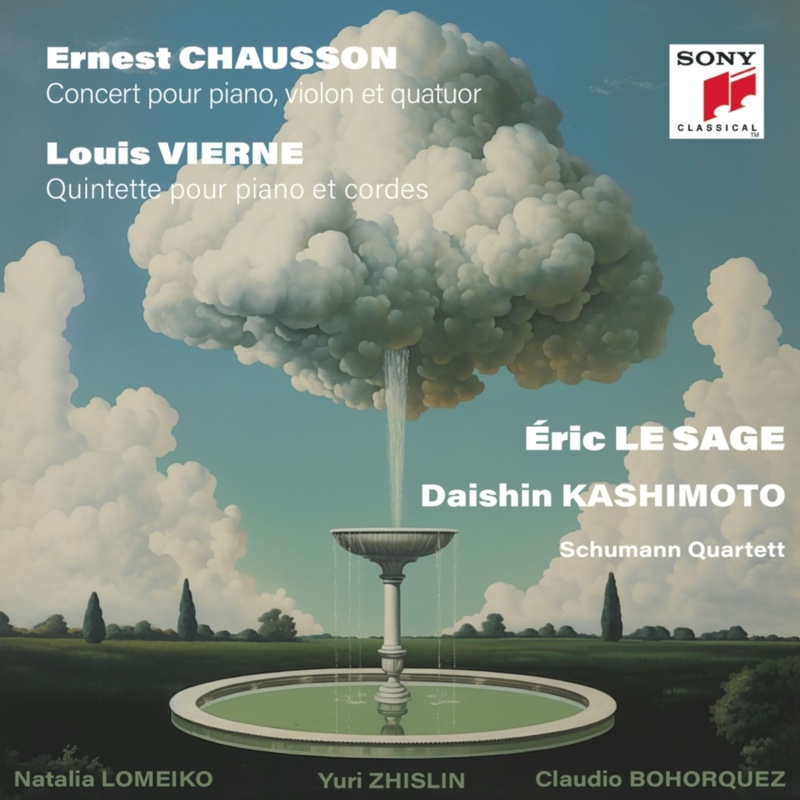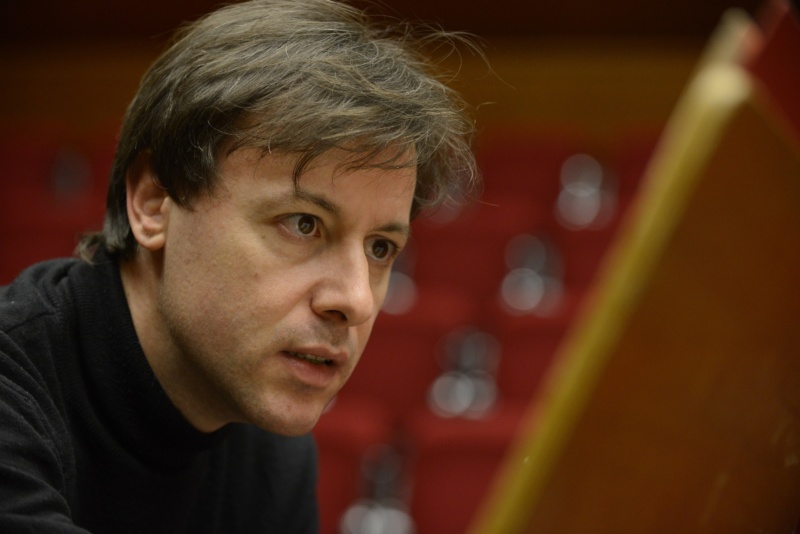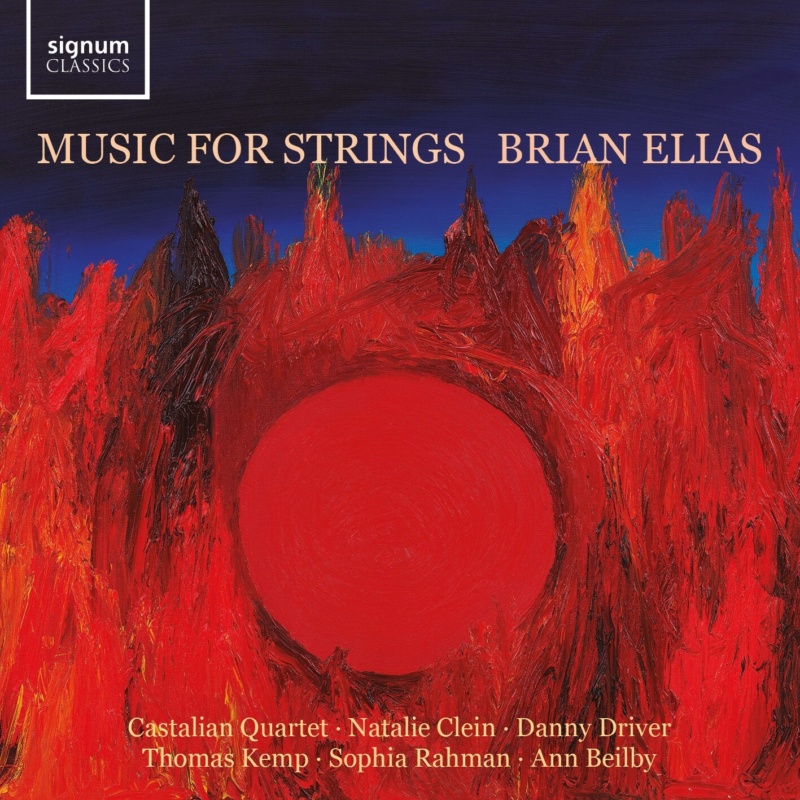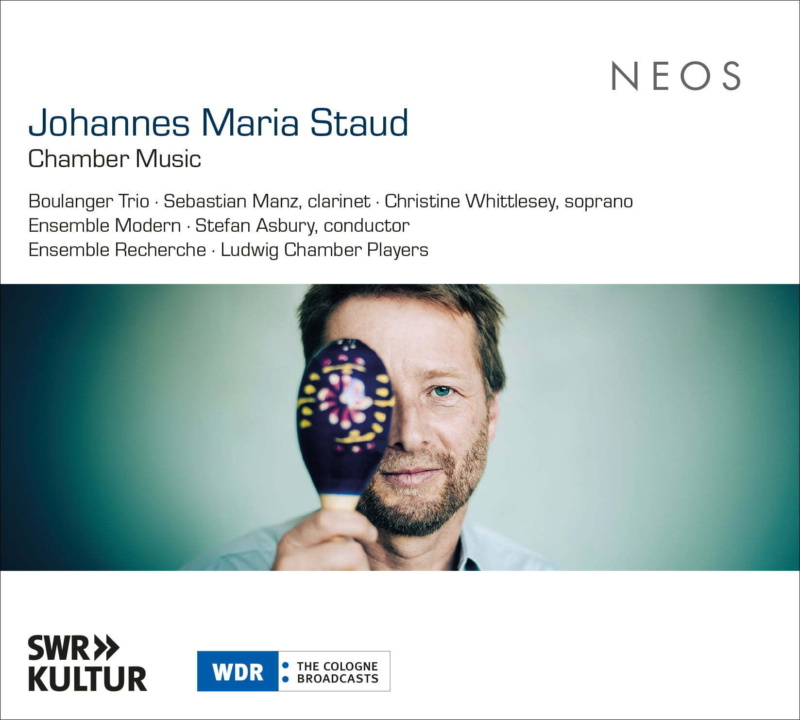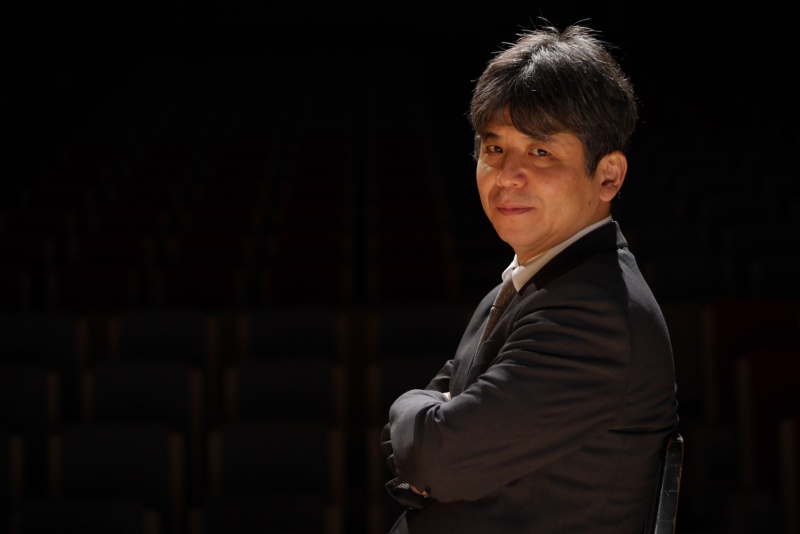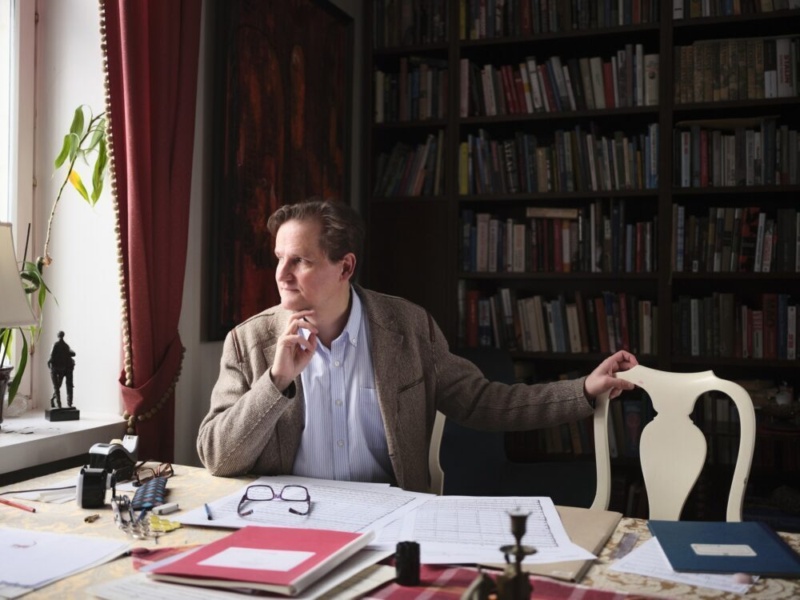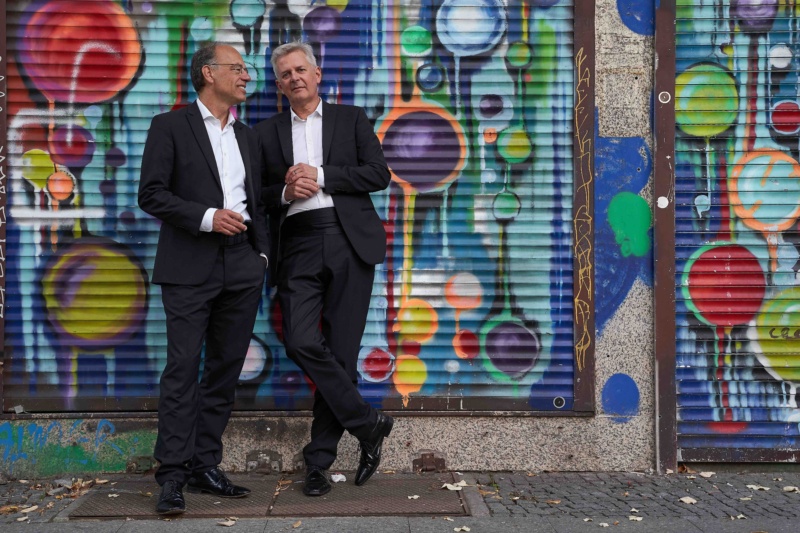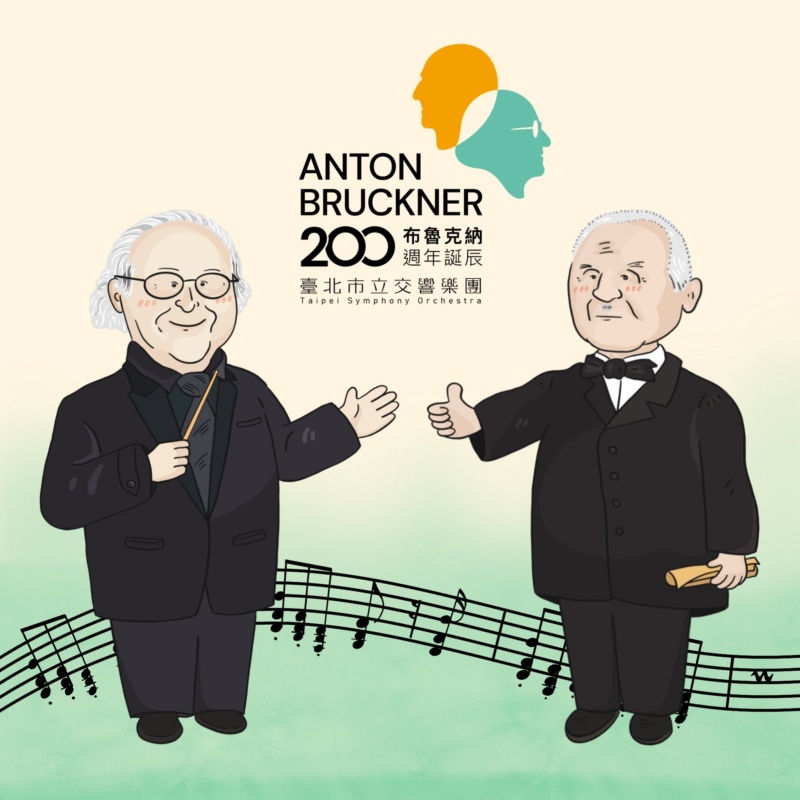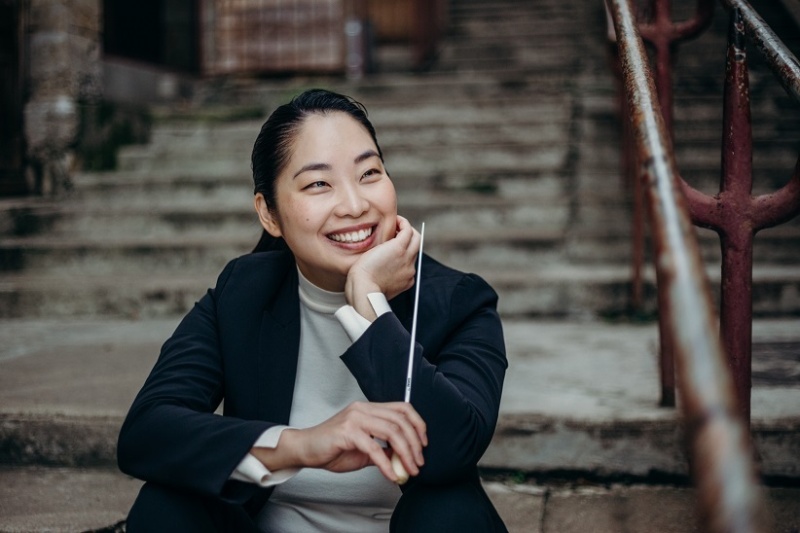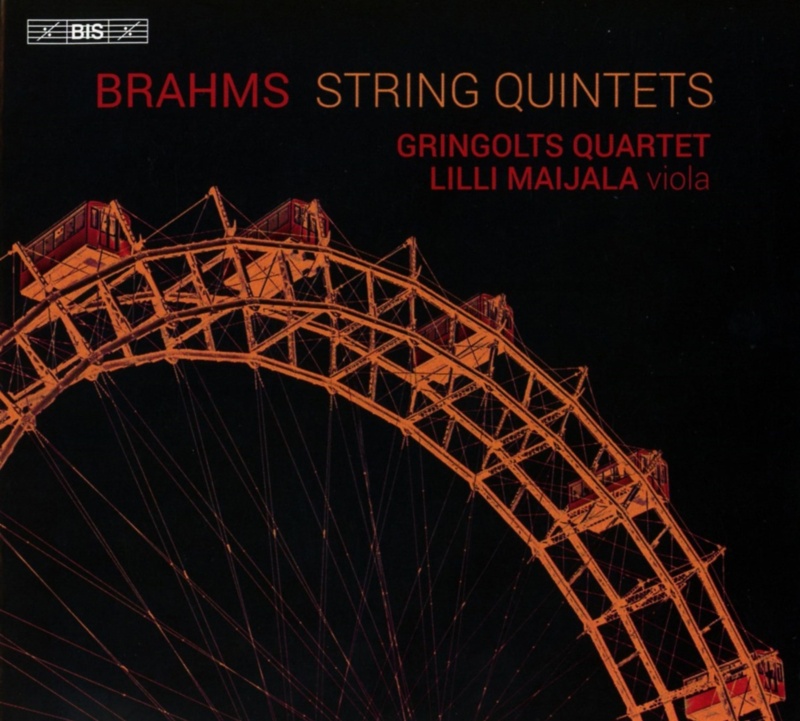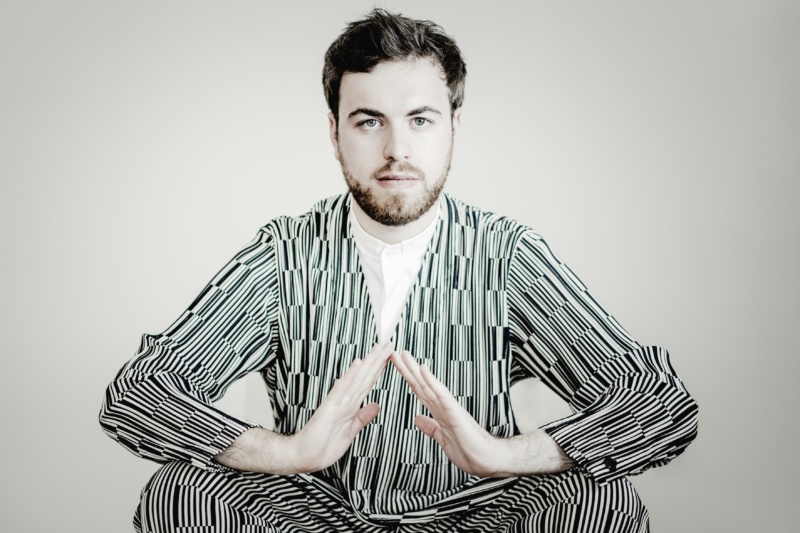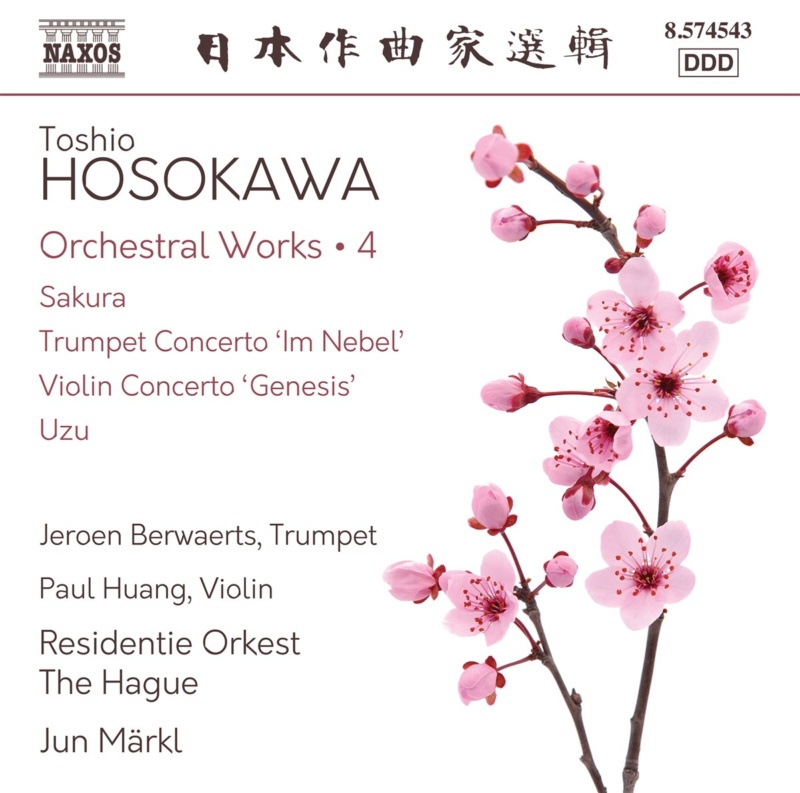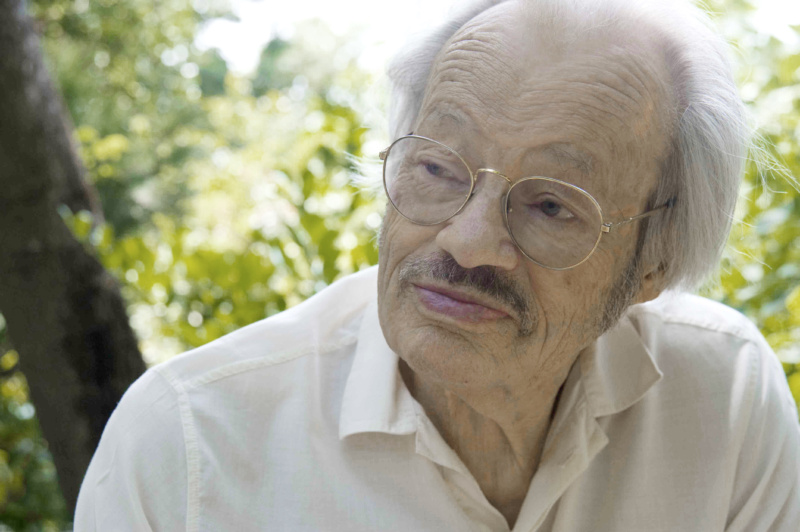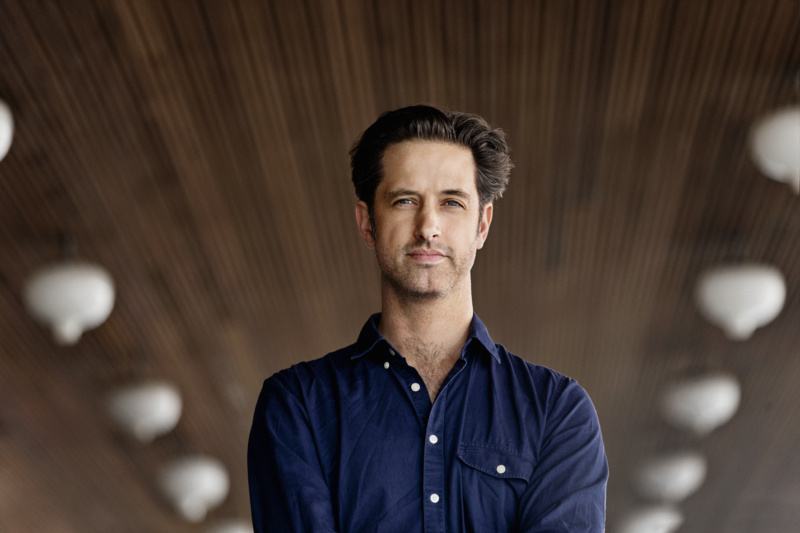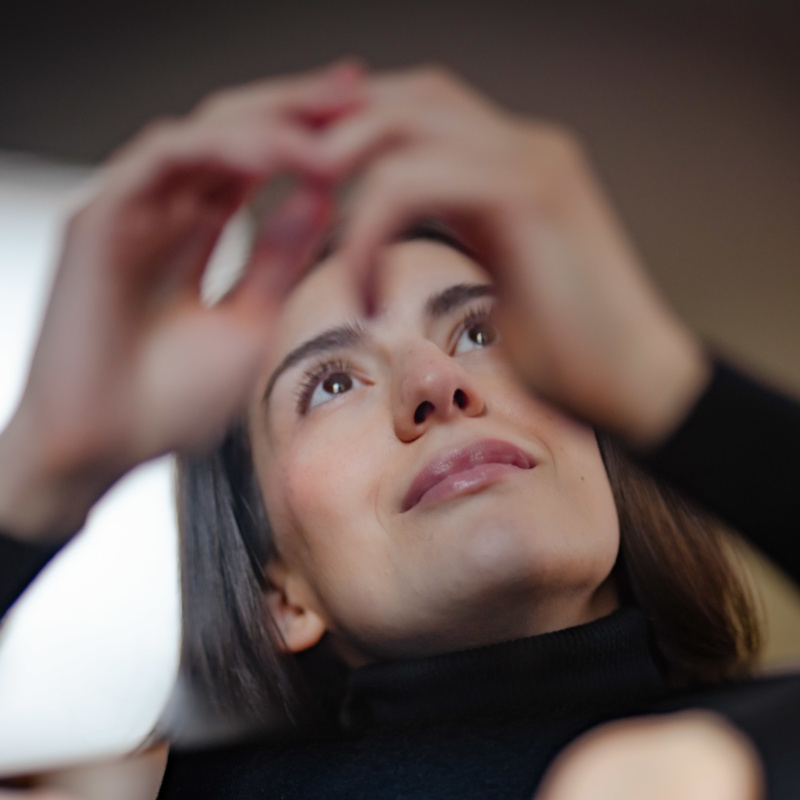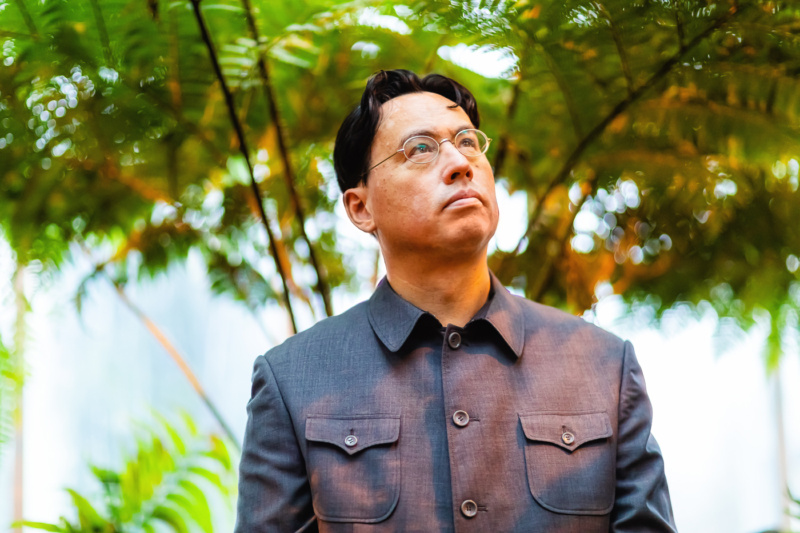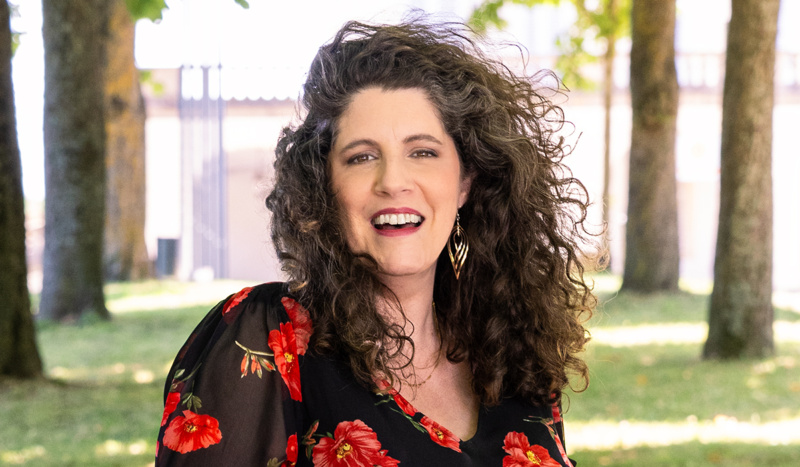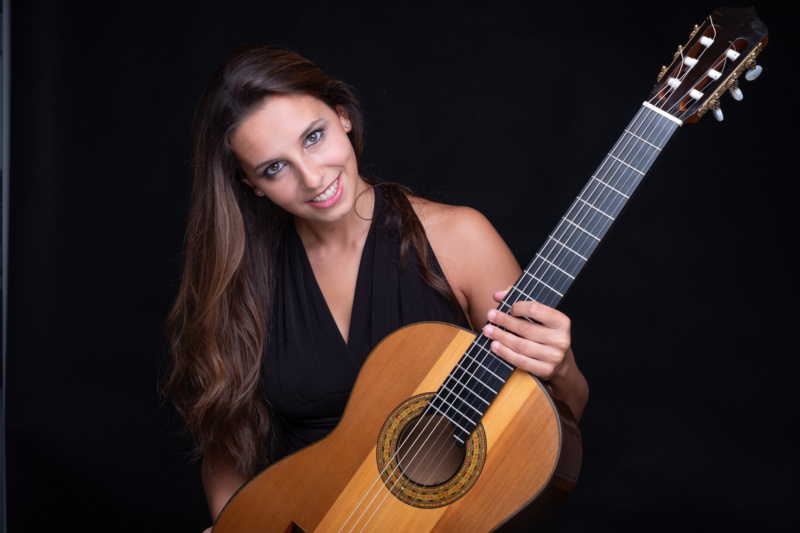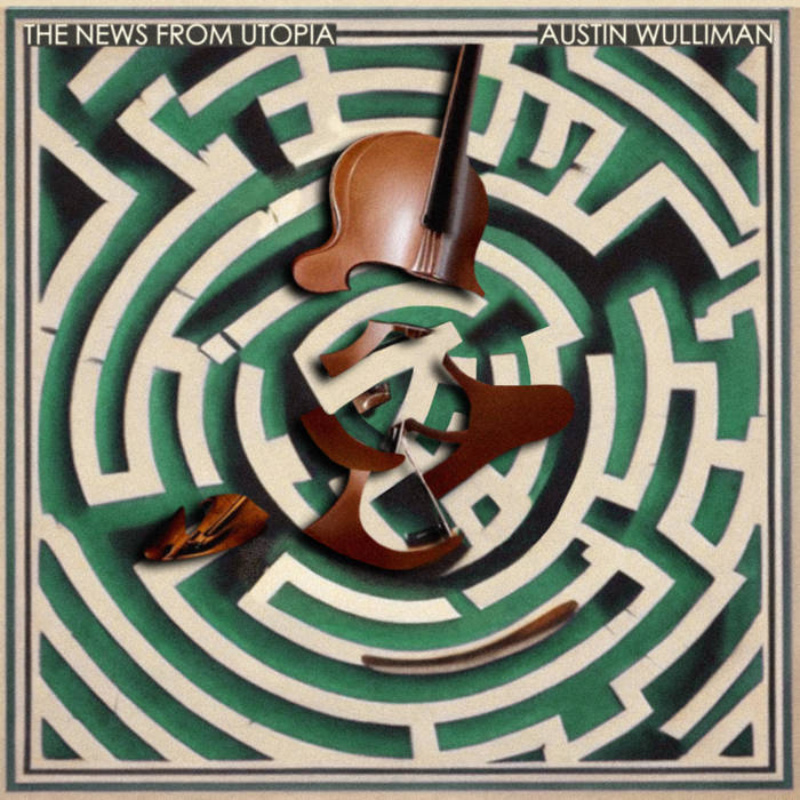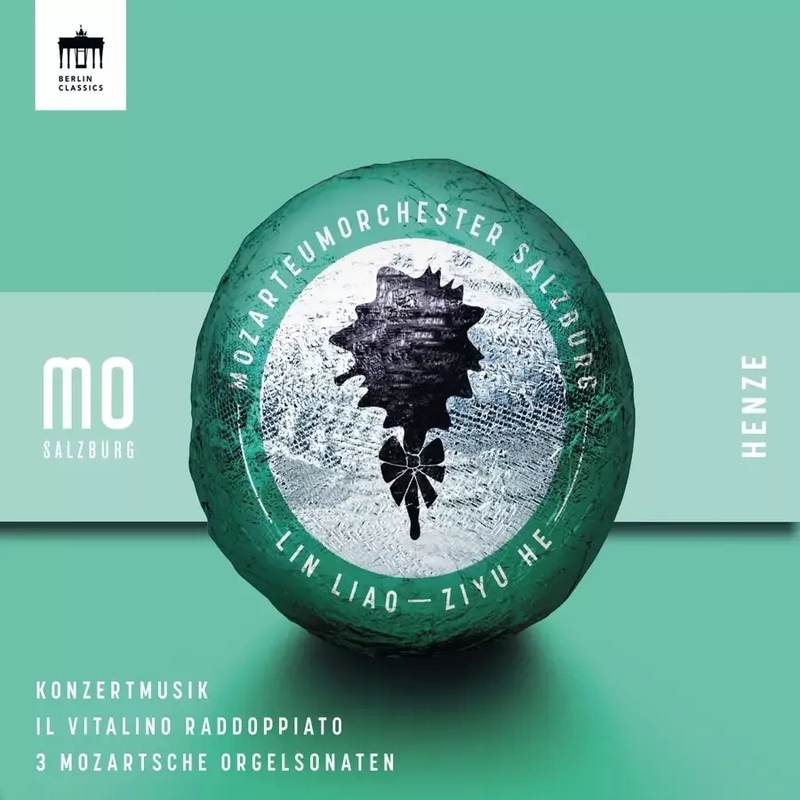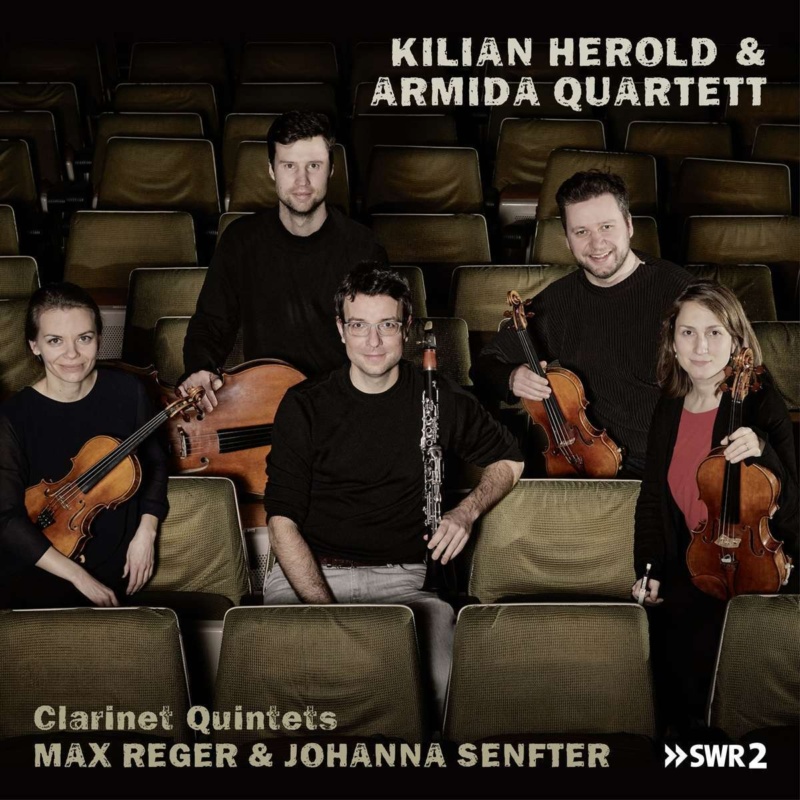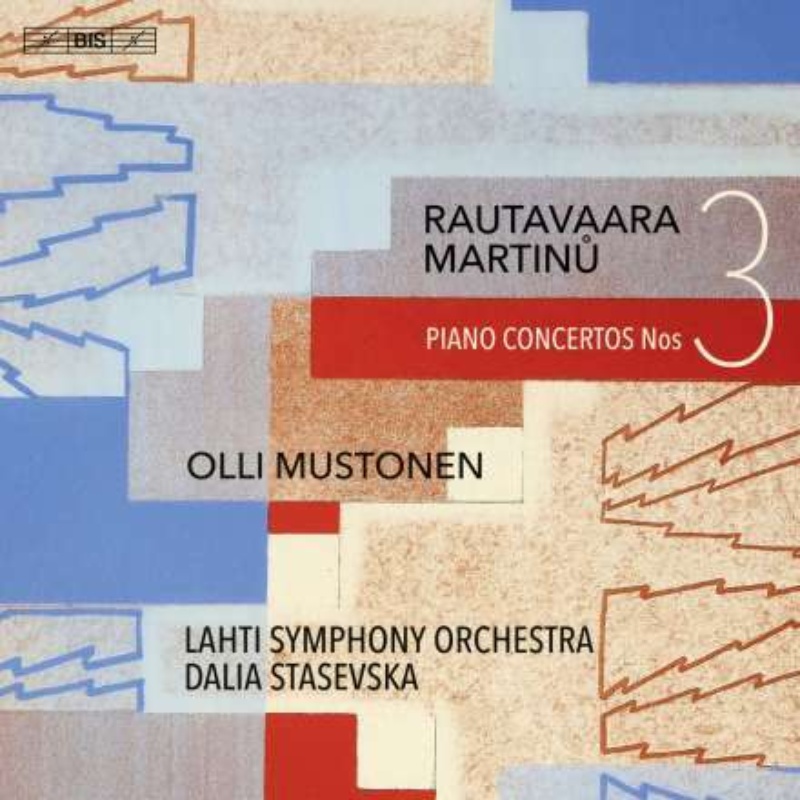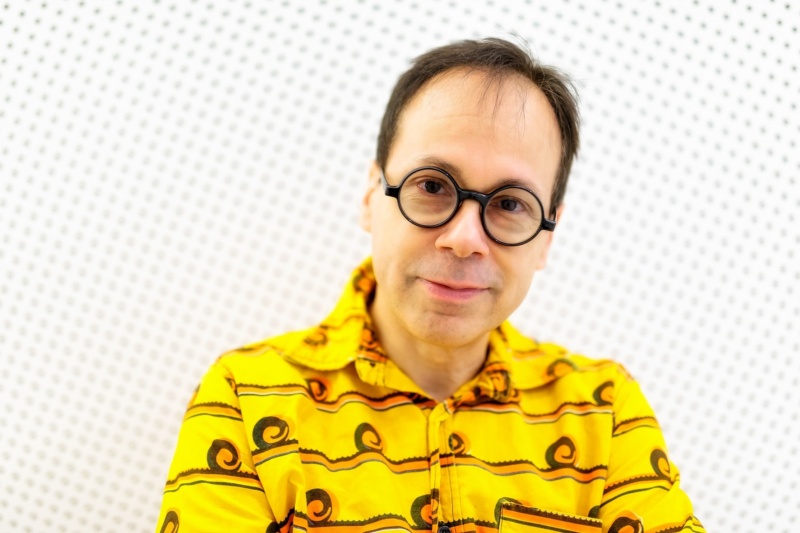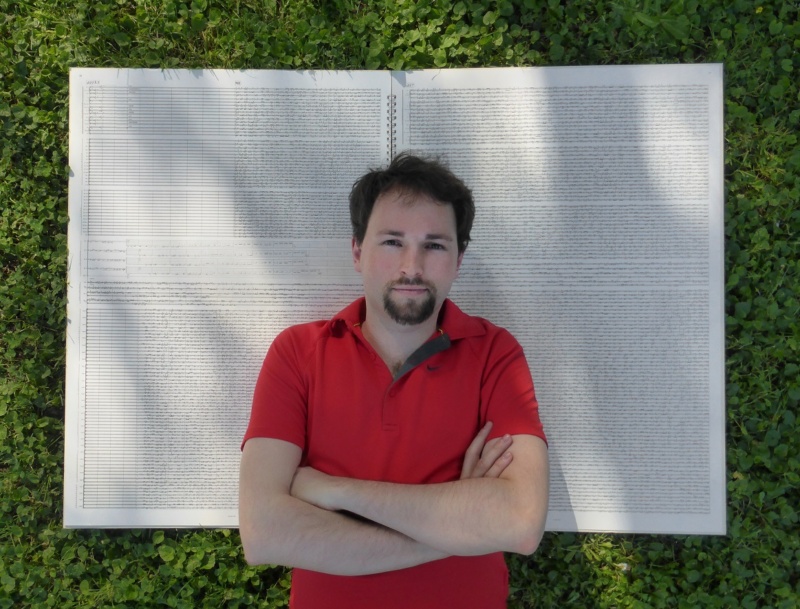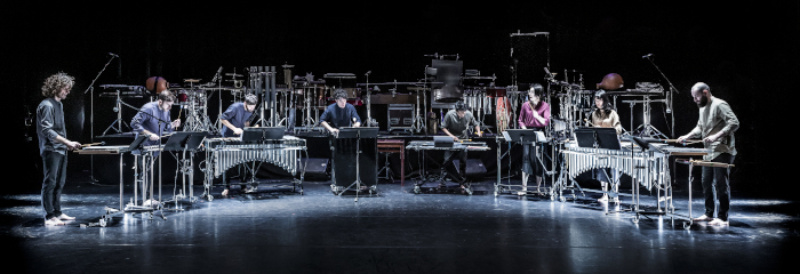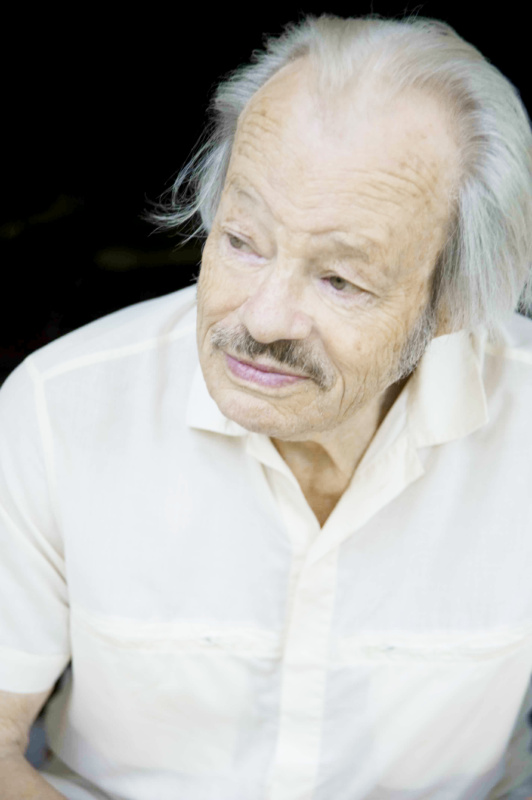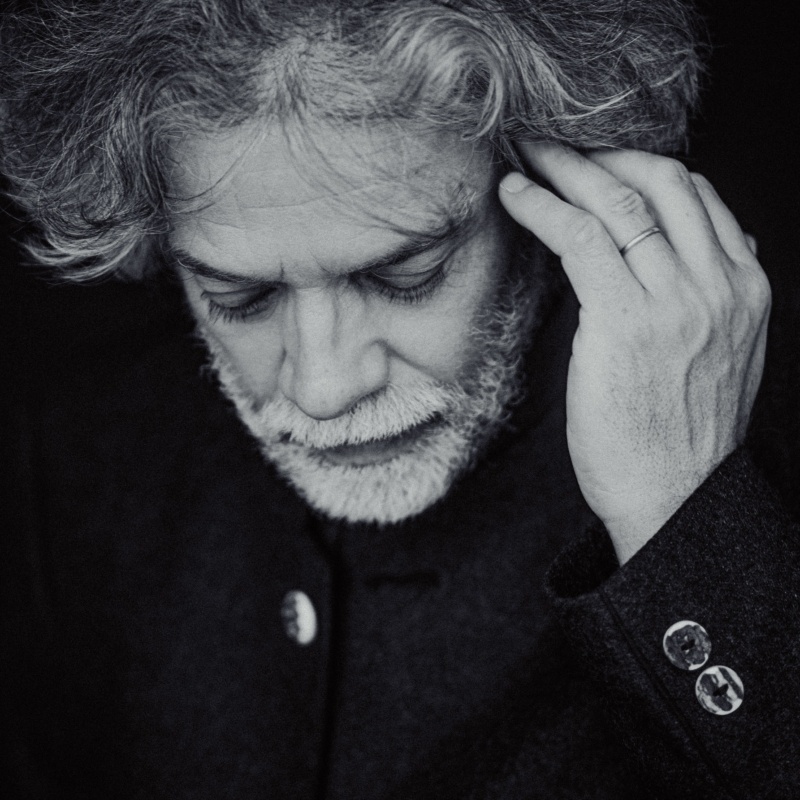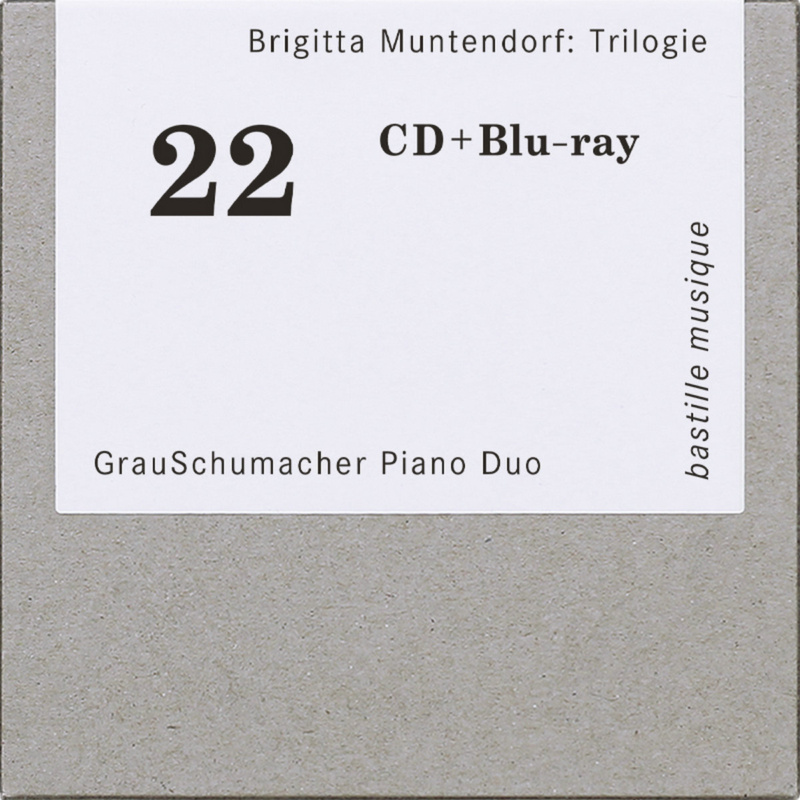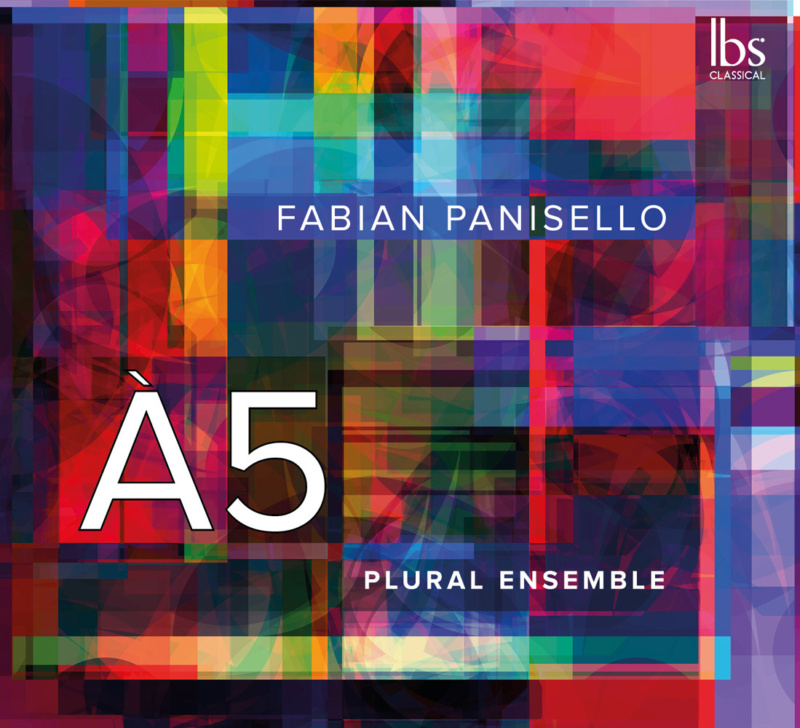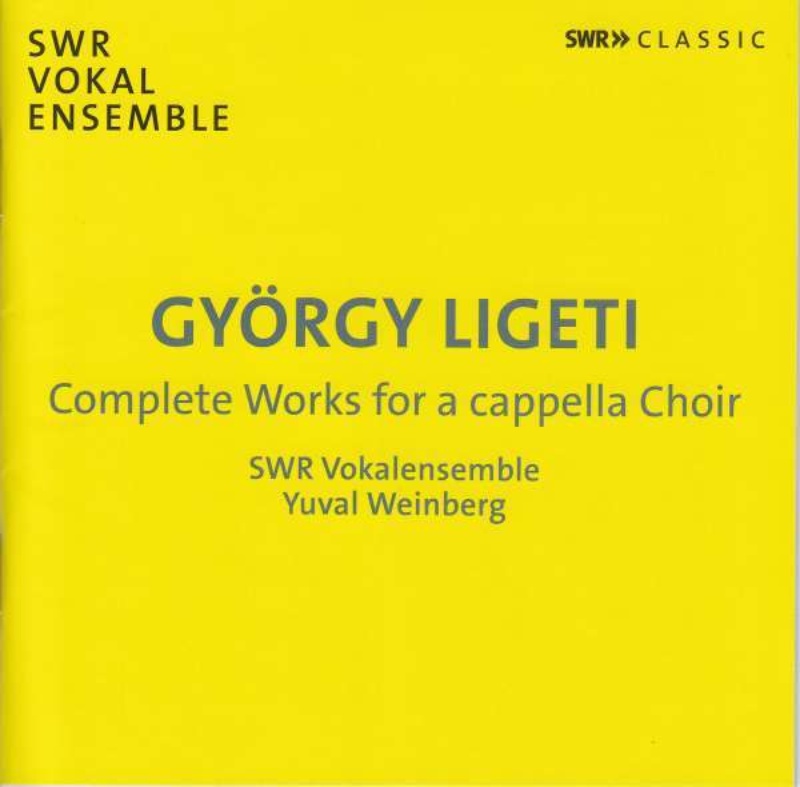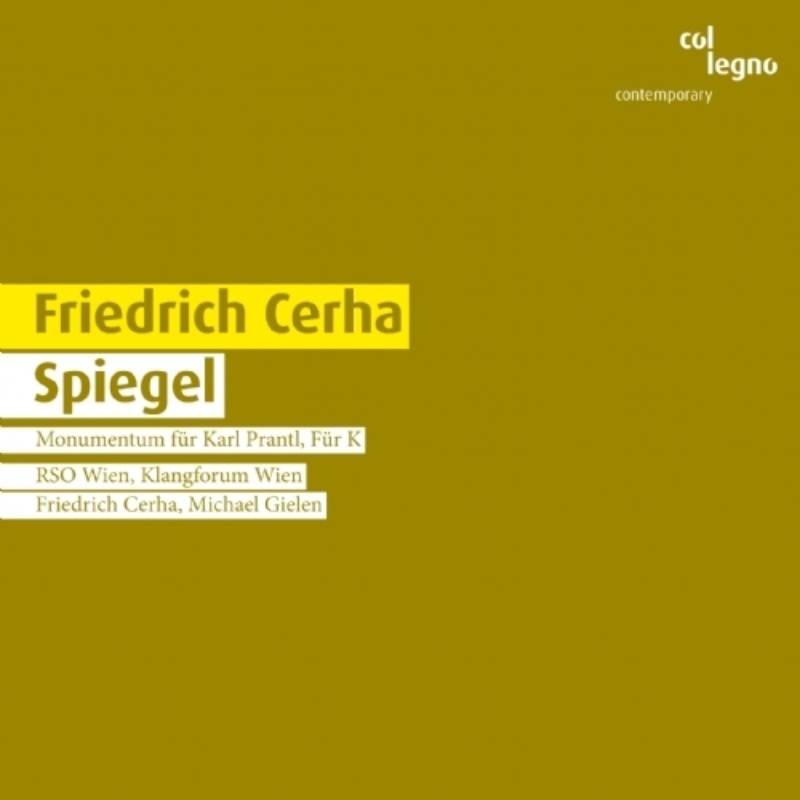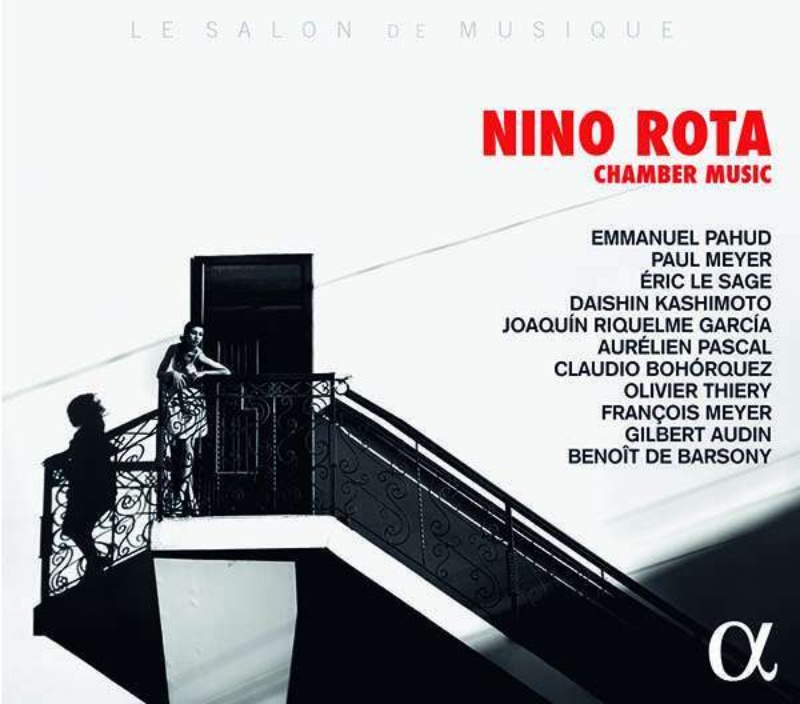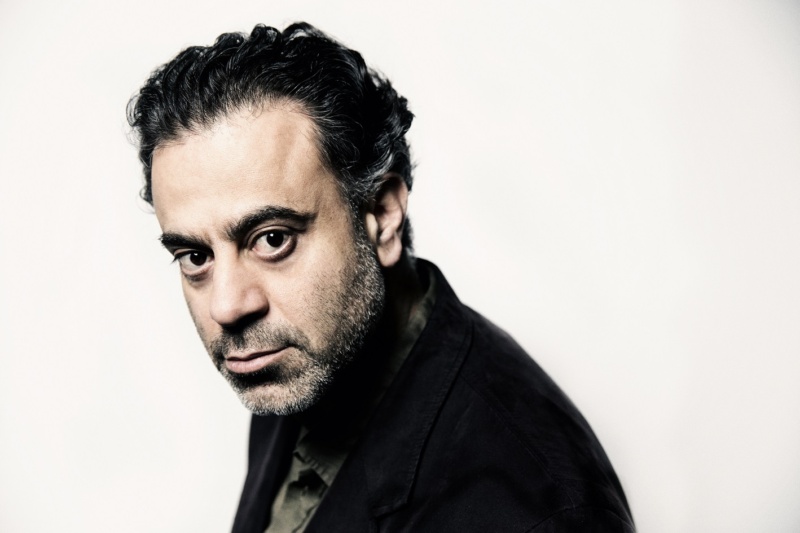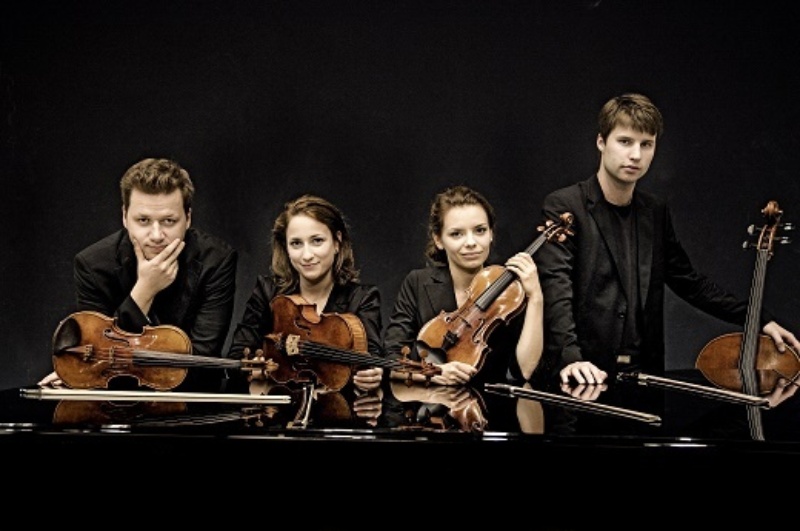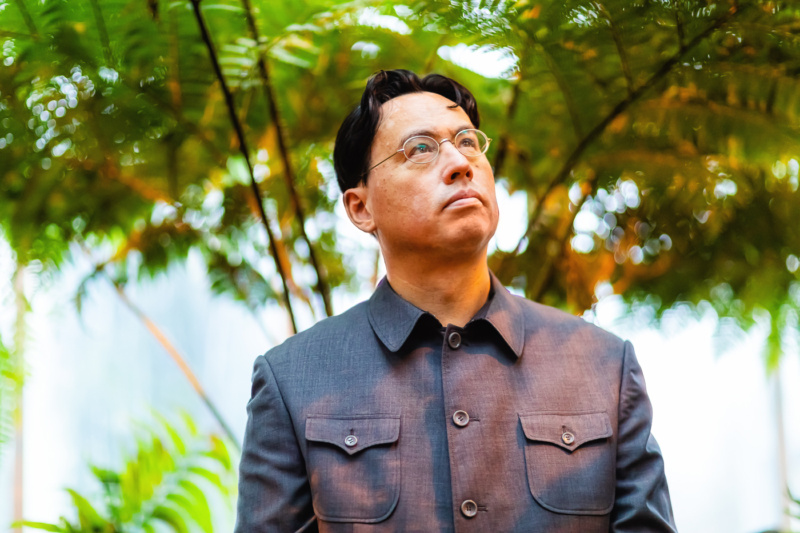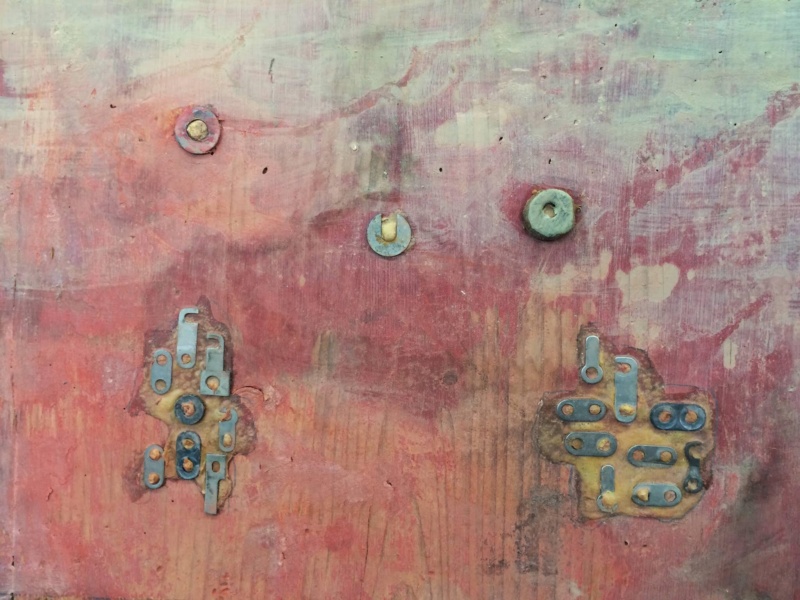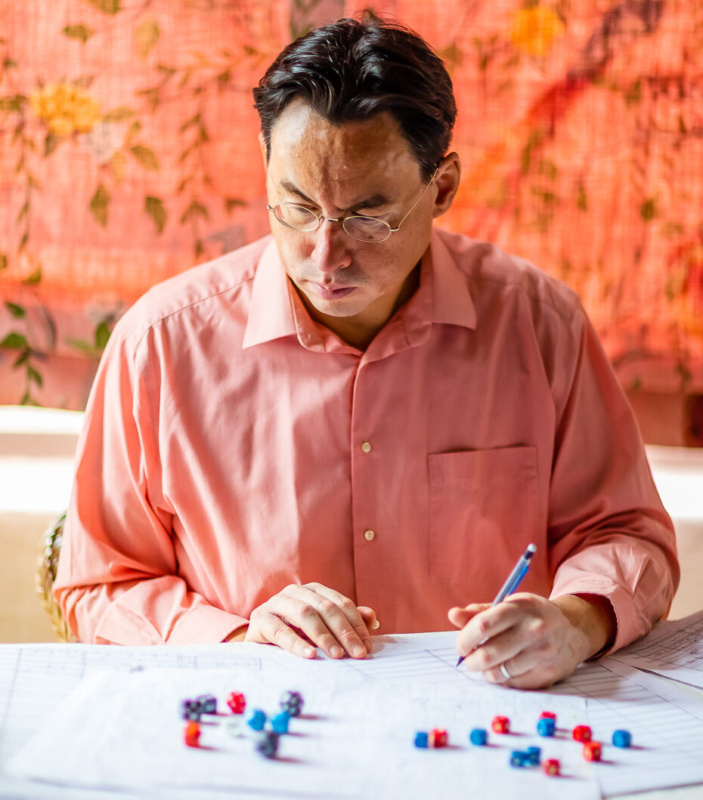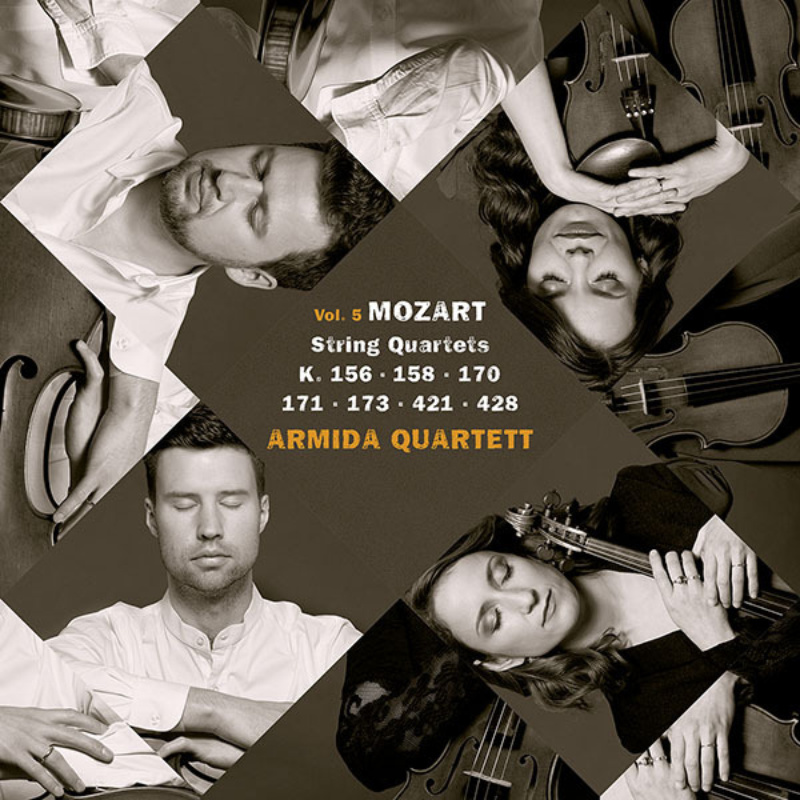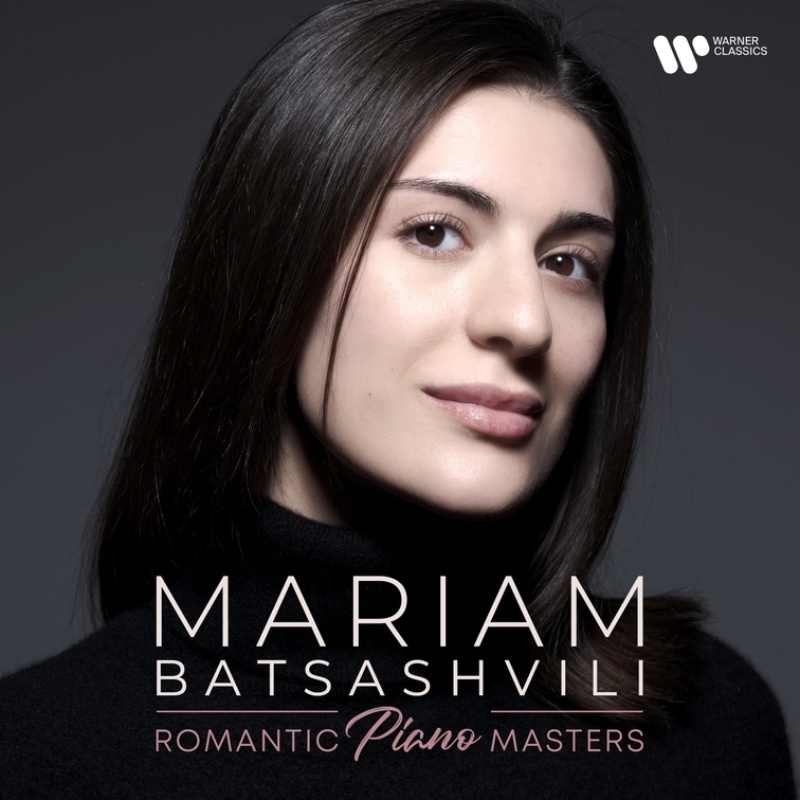Interview with Meret Forster
Mr. Engel, what made you want to become a conductor?
It was a philosophically motivated and emotional decision. When I was
exploring career options, it became clear to me that I wanted to invest
my energy in the arts world. I would also have liked to become a film
director, I still love the cinema, but a foray into this area showed me
that my creative vision was not large enough. Music is the art form in
which my talents lie.
At the time, I played the double bass in all sorts of formations, in youth orchestras, various jazz bands, as a continuo player in baroque projects. Then the opportunity arose to try out conducting with the youth orchestra; I started a project with music by Olivier Messiaen and it immedialtely enthralled me on an emotional level. That’s when I knew that I wanted to become a conductor.
But you studied musicology and philosophy before conducting.
Yes, I wanted to build a firm foundation for my cultural education. I first studied in Zurich and then in Berlin. Five years after the Berlin Wall came down, there was an incredibly stimulating atmosphere in the city. Musically speaking, there was something going on every evening. Claudio Abbado, Daniel Barenboim, Christian Thielemann, Kent Nagano and Vassily Petrenko were active in the city at the time. And my fellow-students were really great, many of them now hold important positions in the German and international music scene. I founded a tutorial for contemporary music together with Viktor Schoner, to which we invited many renowned composers. And after we met Gerard Mortier, we initiated the “Akademie Musiktheater Heute” (Academy of Music Theatre Today), which is now run by the Deutsche Bank Stiftung.
Why did you study conducting in Dresden?
In Christian Kluttig I met a wonderful teacher who conveyed the classical conductor’s craft to me. And I knew that in Dresden, in keeping with great east German tradition, I would have the opportunity to gain practical experience with professional orchestras. That is the most important thing during a conductor’s training. Dresden proved itself to be my lucky break. By my second year, I was already conducting an opera; the world premiere of Benjamin Schweitzer’s Jakob von Gunten. After that I was made Musical Director of the ensemble courage with whom I learnt a great deal over the course of ten years.
However you were not fixed on Dresden?
It was clear to me that I wanted to spread my wings. I got the chance to assist many fascinating conductors, including Sylvain Cambreling, Marc Albrecht, Peter Rundel and Lothar Zagrosek. During my studies I experienced the atmosphere at the Salzburg Festival, Deutsche Oper Berlin and the Opéra de Paris. Alongside this, I gained first-hand experience as Musical Director of the ensemble resonanz in Hamburg, taking on advanced productions of Weber’s Freischütz, Mozart’s Don Giovanni and Monteverdi’s Orfeo.
You now conduct at renowned opera houses including the Teatro Real Madrid and the Frankfurt, Hamburg and Stuttgart Operas, and lead long-standing ensembles such as the WDR and SWR Symphony Orchestras. You are also a regular guest at the festivals in Salzburg and Lucerne. How did this all come to be?
I would call it a happy and organic process of growth. New projects and opportunities always came out of my engagements and assistantships, my area of activity was always growing. I got really lucky when Gerard Mortier brought me to the Teatro Real Madrid where I have conducted several world premieres (including Wuorinen’s Brokeback Mountain, the last from Mortier’s time), as well as classical concerts. I have a very trusting relationship with the orchestra.
What is it about contemporary music that fascinates you?
It is music of our time, an expression of our current culture and society. And collaborating with living composers is a terrific aspect of my work. I always learn something new, new sounds, new conceptual approaches to works. And I am also reminded of the boundaries of notation. That allows me to deal with earlier music more freely.
In the last few years you have conducted a very wide repertoire, from Monteverdi, Offenbach and Wagner, right up to contemporary music. Does that not contain a certain risk of arbitrariness?
No, I don’t think so. On the contrary, I think that the interpretations of these works spur each other on. When I phrase a melody in a contemporary piece, I can hear the possibilities of Baroque music. When I conduct Wagner, I try to bring out what his music is leading to. And my jazz experience also continues to help me to find the groove in a work. I love combining early and new music in my programmes. Contemporary music should wherever possible be performed in combination with classical music rather than in isolation – that way it can fully develop.
You also go beyond the norm and programme concerts with Islamic contemporary music, and work with poetry slammers, rappers and beat boxers.
My collaboration with composers from the Islamic world brings me a lot of joy, it is wonderful music and a small contribution to a mutual understanding between cultures. The classical music world must not isolate itself but open itself up to all areas of society. That’s why it is of great concern to me to bring different musical and artistic worlds together.
What is your approach to interpreting early music?
On the one hand I always deal intensively with historical performance practice. How would a work have been conducted when it was first performed? What do we know about the traditions of the time that isn’t noted in the score? But as opposed to those who advocate historical performance practice, I don’t stick solely to this approach. One mustn’t forget that we cannot reconstruct the audiences of a certain era, which is what would be necessary for a really authentic performance. I therefore also deal with the question of what this music means to me today and for our society, and then try to incorporate both sides in my interpretation.
How do you see your role as conductor in relation to an orchestra, a choir and soloists?
I love making music together. I go to rehearsals with a clear concept of my interpretation but I am also open to spontaneity and suggestions from my fellow musicians. I have great esteem for their individual skills and do not see myself as the dominating force but rather as a primus inter pares. When I first started conducting, I worked with democratic ensembles and that shaped me. When conducting an orchestra you have to lead firmly, but open-minded listening is the most important thing.
What does working with stage directors mean to you?
Just as I love working with composers, so too do I love working with directors. The atmosphere at an opera production is marvellous. Ideally with a long preparation period, you try to find a coherent interpretation together. It is a productive examination of the material and of oneself. I learnt that from Gerard Mortier and Sylvain Cambreling. With both of them it was clear that music and stage have to combine to make a relevant dramatisation. If you only get involved during the orchestra rehearsals on-stage, you won’t understand the directional concept. There I have to reproach many of my colleagues.
What importance does philosophy have for your conducting?
There are two vital influences. I always find it important to contextualise musical works. In other words, music doesn’t stand in isolation, it has a connection and a relevance to us people. We as creative artists are responsible for standing up for progressive values and campaigning for peace and tolerance. The second vital influence that philosophy has on my work is the habit of critically questioning tradition. I always start with the score and not with “famous” recordings. And I try to bring to scores what I learnt during my studies from rereading and reflecting on philosophical texts, namely a deeper probing of texts. There’s a nice quote by Nadja Boulanger: “One should never hestitate to analyse music because the more one analyses it, the more one delves into its mystery.”
But there is also a very funny aspect where music goes beyond philosophy and that is emotions. In our economically streamlined world there is unfortunately often not enough time to act on one’s feelings. In music you can act on them. That personally brings me a lot of enjoyment and fulfilment – and to my listeners too, I hope.
January 2015 | Translation: Celia Wynne Willson
